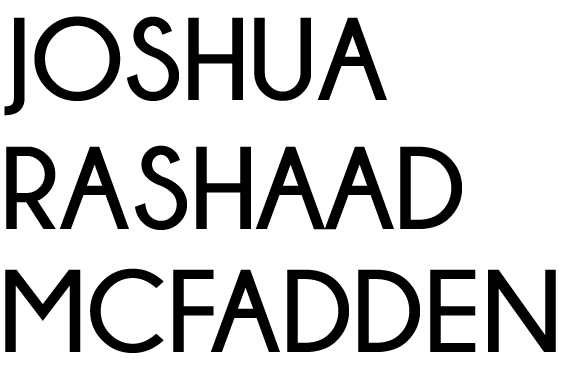Teaching
Teaching Philosophy and Approach
My teaching philosophy is about more than just delivering content; it’s about making learning relevant to the real world and inspiring students to grow in their photography skills and knowledge. I’m committed to preparing students for what’s next, whether that’s in their academic journey or their professional careers. To do this, I encourage creative thinking, critical analysis, and exploration across disciplines. My teaching methods are varied, blending traditional lectures, close readings, group discussions, and hands-on activities to keep students engaged and foster innovation.
As an African-American educator, my personal experiences shape how I create a classroom environment where every student feels valued and respected. These experiences have given me the tools to support underrepresented and marginalized groups, helping them reach their full potential. In my classes, I emphasize diverse representation in course materials, lectures, and guest speakers because I’m deeply committed to diversity, equity, inclusivity, and justice (DEIJ).
Outside the classroom, I stay engaged with students from all backgrounds, making sure they have the support and resources they need to succeed. I help them see the connections between different social and marginalized groups, encouraging them to understand and respect the complexities of our society. By setting clear expectations and fostering cultural sensitivity, I aim to guide students to become conscious creators—people who are not just skilled in their craft but also aware of their work’s impact on society.
Through my work in curriculum development, mentorship, and applying classroom lessons to the real world, I strive to prepare students for meaningful and impactful careers. The success stories of my students, who have gone on to achieve significant milestones, reflect the impact of my teaching approach. I’m dedicated to nurturing the next generation of professionals, guiding them to reach their full potential while staying true to the values of diversity and inclusivity that are at the heart of my work at RIT.
2019-2020 Academic Year
Fall 2019 (2191)
Advertising Photography I
Photographic Arts I
Spring 2020 (2195)
Advertising Photography II
Photographic Arts II
Photography Workshop: Business and Creativity Workshop
2020-2021 Academic Year
Fall 2020 (2201)
Advertising Photography I
Photographic Arts I
Photography Independent Study
Spring 2021 (2205)
Experimental Workshop: Race, Gender, and Visual Communication
Advertising Photography II
Photographic Arts I
2021-2022 Academic Year
Fall 2021 (2211)
Experimental Workshop: Race, Gender, and Visual Communication
Course Release Approved for Scholarly Endeavors
Spring 2022 (2215)
Long-form Editorial Story
Portfolio Development
Photographic Arts II
2022-2023 Academic Year
Fall 2022 (2221)
Photographing People
Photographic Arts I
Spring 2023 (2225)
Photographic Arts II
Elements of Advertising Photography
Race, Civil Rights & Photography
2023-2024 Academic Year
Fall 2023 (2231)
New York City Advertising Photography Field Trip
Race, Civil Rights & Photography
Spring 2024 (2235)
New York City Advertising Photography Field Trip
Elements of Advertising Photography
Race, Civil Rights & Photography
2024-2025 Academic Year
Fall 2024 (2241)
Photography Business Practices
New York City Advertising Photography Field Trip
Race, Civil Rights & Photography
Race, Civil Rights & Photography
I created this new general elective course, which runs every semester, based on my scholarly work over the past decade. The course examines the intersections of race, civil rights, and photography in the U.S. Students explore critical concepts such as visibility, performativity, and the gaze, while analyzing how photography constructs race and documents civil rights struggles. The course covers a range of practices from 19th-century daguerreotypes to the activist photography of the Civil Rights Movement and Black Lives Matter, including works by Gordon Parks, Lorna Simpson, and Carrie Mae Weems.




